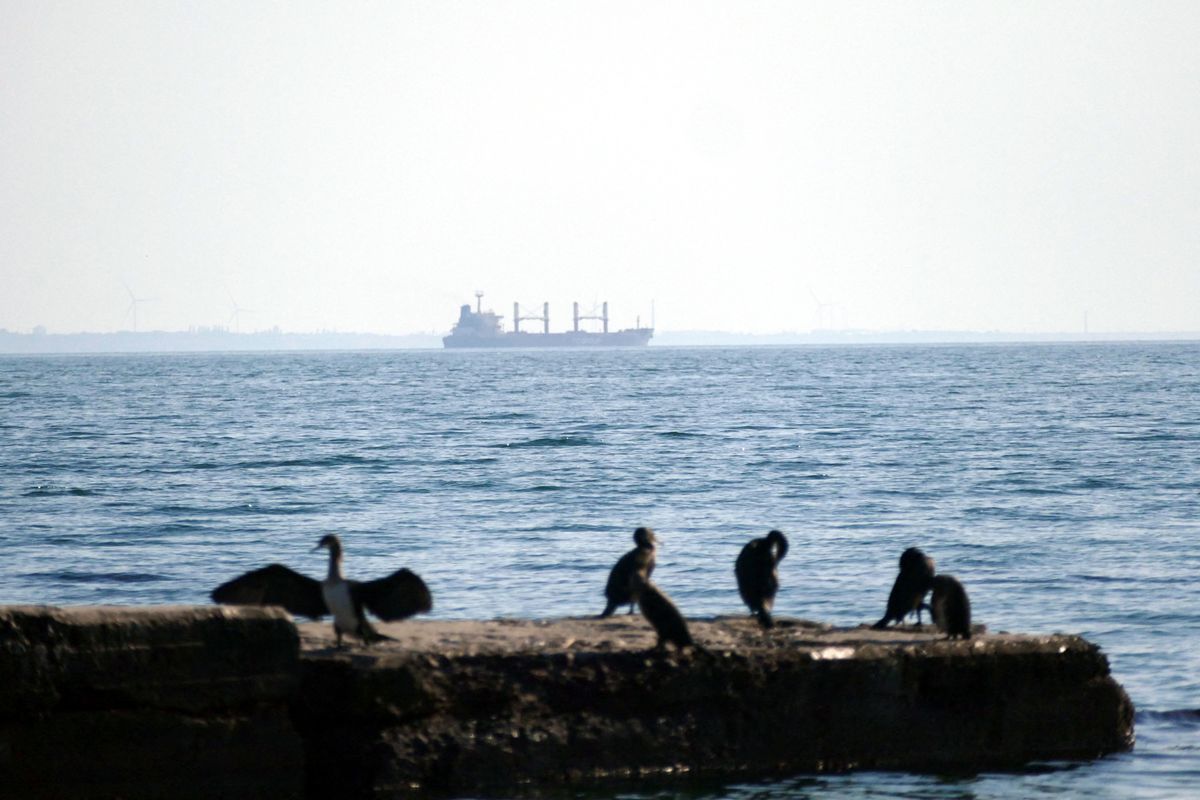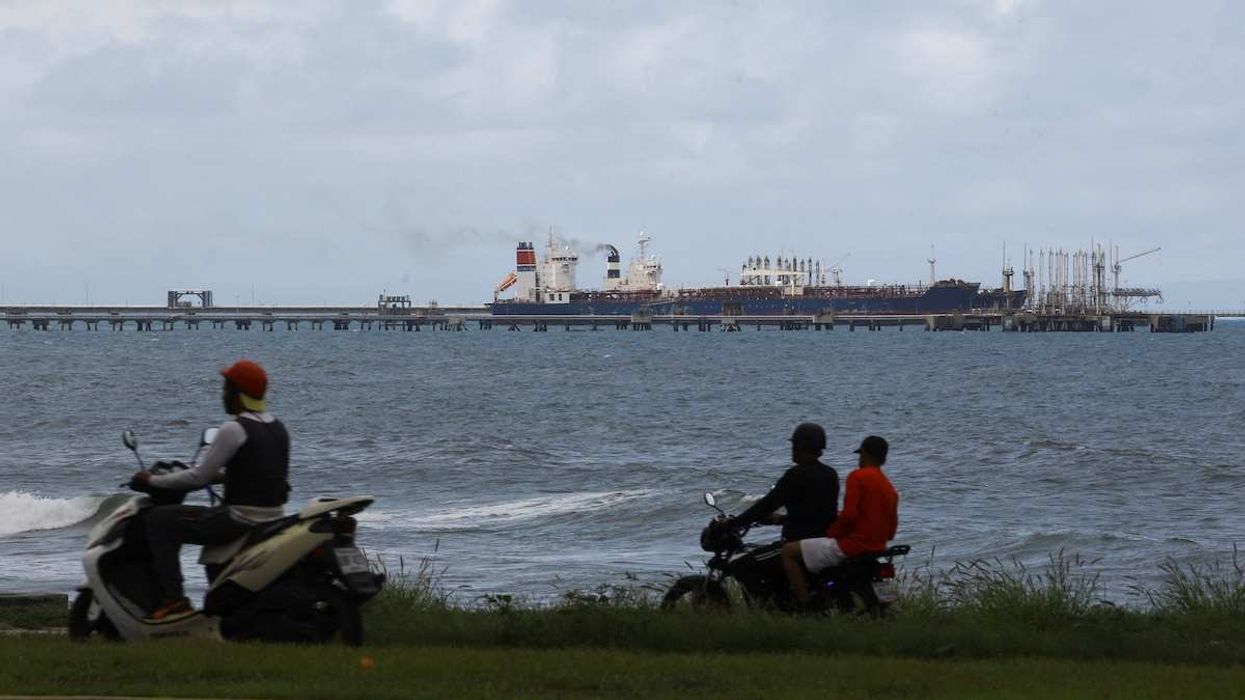Russia’s suspension of the UN-backed Black Sea Grain Initiative creates uncertainty for Ukraine’s economy and for global food prices, though there are several reasons why the effect of this break will likely be more limited than worst-case scenarios suggest.
On Monday, the Kremlin said the deal was suspended, not canceled, which would allow Russia to return to the agreement – as it did last November after a previous halt. In the coming weeks, Russia will continue to haggle with the UN and Turkey, brokers of the original deal. In addition, Moscow’s concern for its image in developing countries leaves it no more likely to attack ships carrying grain to foreign ports than during last fall’s pause in the agreement.
Most importantly, Ukraine and Europe have made changes in recent months to prepare for another grain deal breakdown. Large volumes of Ukraine’s wheat and other products can now be rerouted for export overland into the EU without tariffs and then shipped on to other regions. Finally, the export of wheat and other grains will continue from Russia, easing pressures on global food prices.
All that said, this deal has still been a big deal. First struck last July, the Black Sea Grain Initiative has enabled more than 1,000 ships to transport 32.8 million tons of grain and other food products from Ukrainian ports to 45 countries in Europe, Asia, and Africa, according to the UN. Halting it, even temporarily, will raise hunger risks in poorer countries and add financial pressure on Ukraine, which now faces higher shipping and insurance costs, as well as risks of harassment from Russian ships in the Black Sea.



















